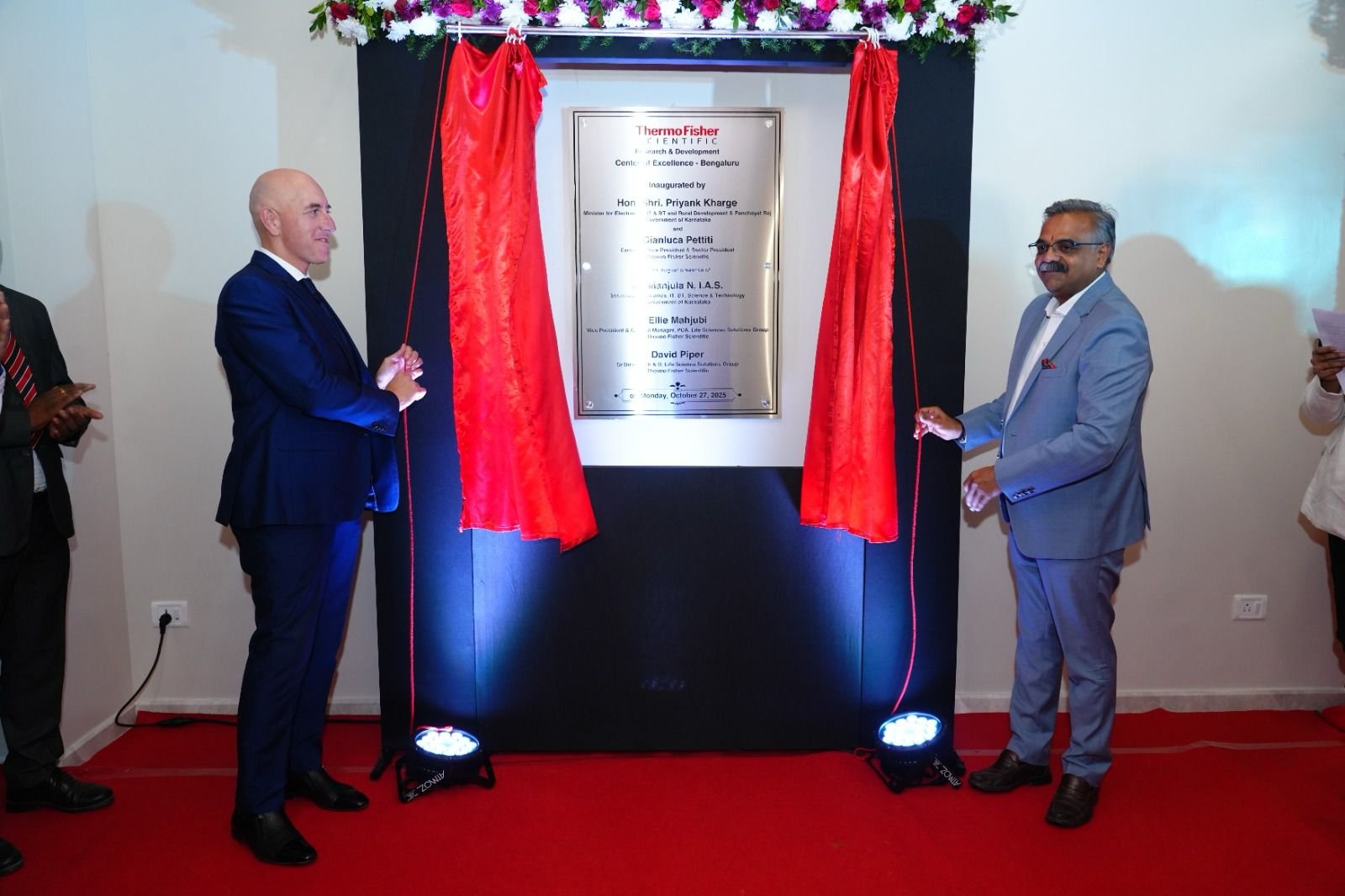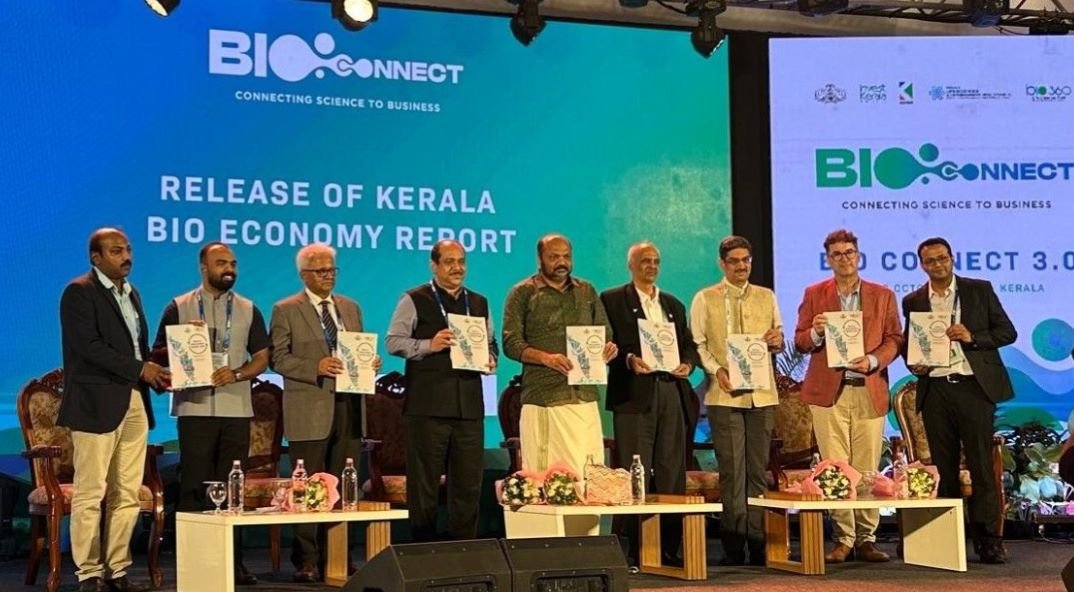Why ESG is No Longer Optional in Indian Healthcare
August 22, 2025 | Friday | Views | By Amit Bhatia, Founder & CEO, Aspire Impact
India's journey toward achieving net-zero emissions by 2070 demands meaningful participation from every major sector—including healthcare
India’s healthcare sector, expected to reach $638 billion by the end of 2025, is undergoing a crucial phase of transformation. The pandemic served as a wake-up call, exposing cracks in systems designed to protect lives. It also made clear how environmental mismanagement, social disparities, and governance challenges can directly affect the sector’s ability to respond and recover. In the post-COVID era, Environmental, Social, and Governance (ESG) frameworks have moved from the sidelines to the center; they are no longer optional but essential to ensuring healthcare remains sustainable, inclusive, and resilient.
By its very nature, healthcare is closely tied to ESG principles. It interacts with communities every day, consumes significant natural resources, and operates in the public eye. For a long time, however, ESG efforts were treated as image-building exercises rather than strategic tools. That mindset is shifting. Today, healthcare organizations are confronting real-world challenges, from rising biomedical waste and energy demands to gaps in access and growing pressure for pricing transparency. These issues demand more than good intentions; they require consistent, measurable, and accountable ESG action.
Risks that can’t be ignored and opportunities that must be captured
In recent times, one of the most debated challenges in measuring ESG performance has been the lack of reliability and consistency in blended or composite ESG scores, which are often criticized for being opaque and failing to distinguish between ESG risks and opportunities effectively. While this blended approach offers simplicity, it often conceals crucial insights, failing to distinguish whether a company is mitigating risks or capitalising on opportunities. In healthcare, this becomes a serious problem. Hospitals and pharmaceutical companies don’t just face risks like high emissions or water use. They also have many chances to create positive change—through affordability, access, patient safety, product quality, responsible supply chains, and R&D. Unless risks and opportunities are segregated, it becomes challenging for decision-makers in healthcare to prioritize efforts and allocate resources effectively for superior ESG performance and impact.
That’s why Aspire’s framework recommends separating these two areas and mapping them along a 2x2 matrix. This helps healthcare players clearly see where they stand and compare their performance with more precision. In India, this approach is especially important. The healthcare system is complex and diverse, from world-class pharma manufacturers and telehealth startups to rural clinics and large public hospitals. A single, standard ESG score can’t capture this variety or offer the nuanced, actionable insights that these institutions need to improve and build trust over time.
This is where innovative ESG performance measurement becomes essential. These frameworks treat risks and opportunities as connected but separate categories. They also use a mix of sector-agnostic and healthcare-specific indicators to highlight where organizations may be falling behind—and where they have a chance to lead. In healthcare, such key performance indicators (KPIs) can include factors like how much biomedical waste is being produced, whether the organization is prepared for antimicrobial resistance (AMR), and how well it supports affordability through programs like Jan Aushadhi or PM-JAY. For instance, a hospital might use more energy than ideal but could still be making a big impact socially by expanding affordable services in underserved areas. A pharmaceutical company may face questions around pricing but also play a major role in developing low-cost therapies. Recognising these details is crucial for responsible investing, internal improvements, and smarter, long-term planning.
A Turning Point for Healthcare’s Role in India’s Sustainable Future
As India aspires to become one of the world’s top three economic powers, the strength of its healthcare system will be as vital as the strength of its economy. A thriving and resilient healthcare sector is essential not only for national well-being but also for long-term productivity, innovation, and global competitiveness. At the same time, India's journey toward achieving net-zero emissions by 2070 demands meaningful participation from every major sector—including healthcare. The environmental footprint of hospitals, pharmaceutical manufacturing, and health infrastructure is too significant to ignore. Whether it’s reducing emissions in pharma production or adopting greener hospital designs, healthcare must evolve into a climate-conscious, forward-looking contributor.
Beyond environmental impact, the digital transformation of healthcare—driven by AI, telemedicine, and data-based services—has ushered in new responsibilities around patient privacy and cybersecurity. These are no longer niche tech concerns; they have become core governance issues that ESG frameworks are specifically built to address.
As more capital flows toward businesses with strong ESG performance and as regulations increasingly push for transparency and accountability, healthcare organizations in India must move beyond a check-the-box approach to ESG. It must be embraced as a strategic lever—one that builds trust, drives innovation, and strengthens institutional resilience. This calls for leadership that’s not only data-literate but also deeply purpose-driven, and systems that prioritise not just profitability but also inclusion, equity, and sustainability.
With ESG frameworks becoming more sophisticated, India’s healthcare ecosystem must now adopt sector-specific, standardized ESG ratings that reflect its unique challenges. These tools must enable meaningful comparisons while staying rooted in the real-world realities of healthcare delivery in India. This is no longer an optional or academic discussion—it is a vital step toward ensuring a healthier, more equitable, and environmentally responsible future.
Takeaway
In a world where sustainability is shaping trust, and trust is defining value, healthcare cannot afford to be left behind. The path to better health outcomes now runs parallel to the path of ESG excellence, and that is a journey no healthcare organization can opt out of anymore.
Amit Bhatia, Founder & CEO, Aspire Impact









